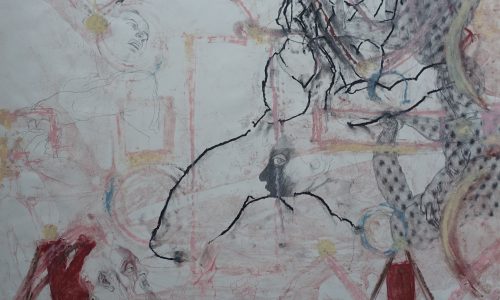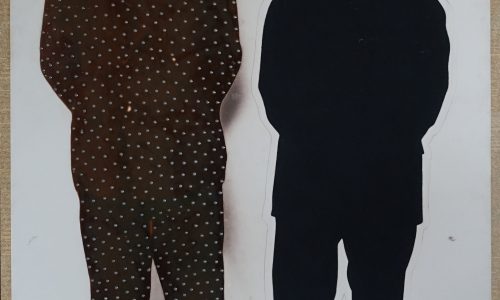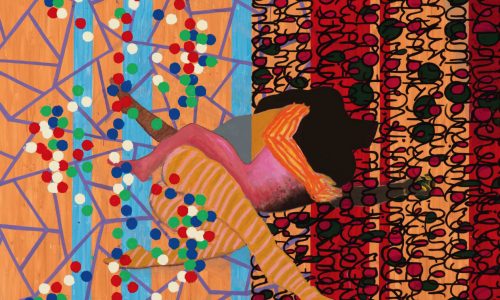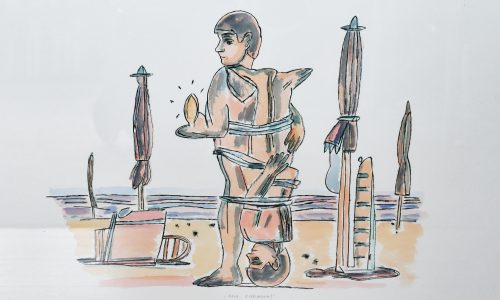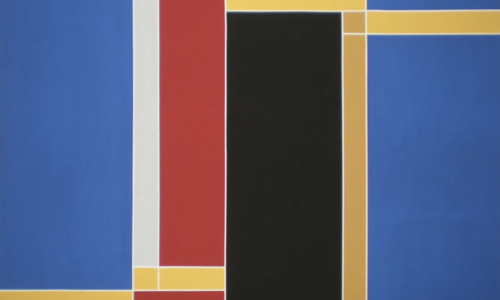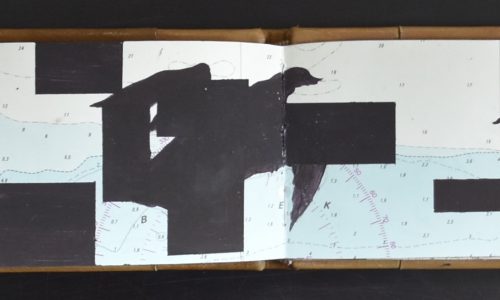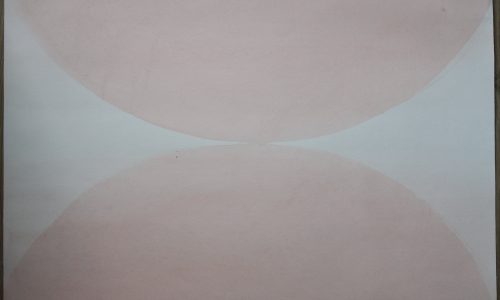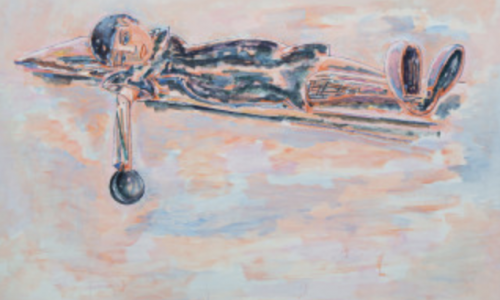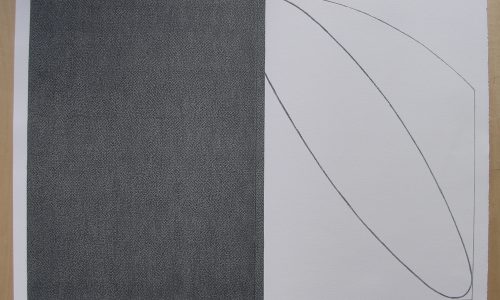
Emmett Williams, an artist and American poet , was a prominent figure in the Fluxus and concrete poetry movements of the mid-20th century. He is most renowned for his iconic compilation, “Anthology of Concrete Poetry,” featuring works from poets and artists around the globe. Williams described this form of poetry as “direct,” utilizing the raw elements of language: its meaning, visual aspect, and phonetics.
From 1957 to 1959, Williams collaborated closely with Daniel Spoerri and Claus Bremer at the epicenter of dynamic theatre and concrete poetry in Darmstadt. In the early 1960s, he served as the European coordinator for Fluxus and played a crucial role in establishing the Domaine Poetique in Paris.
During his tenure as editor (1966-1970), Williams, along with Dick Higgins, oversaw the publication of several books by artists associated with the Fluxus movement through Something Else Press. Their philosophy, viewing life as a work of art and vice versa, sparked controversy but remained the defining characteristic of Fluxus. Williams expressed this belief, stating, “Fluxus sees life as a musical composition, a continuous process. The true scandal was not in our various actions, but in the philosophy that drove us. The notion that everything can be music defines Fluxus in a unique and convincing manner.”
Emmett Williams, an artist and American poet , was a prominent figure in the Fluxus and concrete poetry movements of the mid-20th century. He is most renowned for his iconic compilation, “Anthology of Concrete Poetry,” featuring works from poets and artists around the globe. Williams described this form of poetry as “direct,” utilizing the raw elements of language: its meaning, visual aspect, and phonetics.
From 1957 to 1959, Williams collaborated closely with Daniel Spoerri and Claus Bremer at the epicenter of dynamic theatre and concrete poetry in Darmstadt. In the early 1960s, he served as the European coordinator for Fluxus and played a crucial role in establishing the Domaine Poetique in Paris.
During his tenure as editor (1966-1970), Williams, along with Dick Higgins, oversaw the publication of several books by artists associated with the Fluxus movement through Something Else Press. Their philosophy, viewing life as a work of art and vice versa, sparked controversy but remained the defining characteristic of Fluxus. Williams expressed this belief, stating, “Fluxus sees life as a musical composition, a continuous process. The true scandal was not in our various actions, but in the philosophy that drove us. The notion that everything can be music defines Fluxus in a unique and convincing manner.”
Emmett Williams, an artist and American poet , was a prominent figure in the Fluxus and concrete poetry movements of the mid-20th century. He is most renowned for his iconic compilation, “Anthology of Concrete Poetry,” featuring works from poets and artists around the globe. Williams described this form of poetry as “direct,” utilizing the raw elements of language: its meaning, visual aspect, and phonetics.
From 1957 to 1959, Williams collaborated closely with Daniel Spoerri and Claus Bremer at the epicenter of dynamic theatre and concrete poetry in Darmstadt. In the early 1960s, he served as the European coordinator for Fluxus and played a crucial role in establishing the Domaine Poetique in Paris.
During his tenure as editor (1966-1970), Williams, along with Dick Higgins, oversaw the publication of several books by artists associated with the Fluxus movement through Something Else Press. Their philosophy, viewing life as a work of art and vice versa, sparked controversy but remained the defining characteristic of Fluxus. Williams expressed this belief, stating, “Fluxus sees life as a musical composition, a continuous process. The true scandal was not in our various actions, but in the philosophy that drove us. The notion that everything can be music defines Fluxus in a unique and convincing manner.”
www.ftn-books.com has several Williams publications available.








